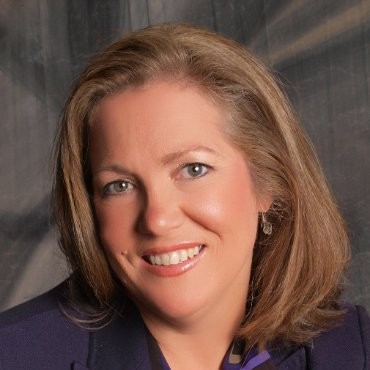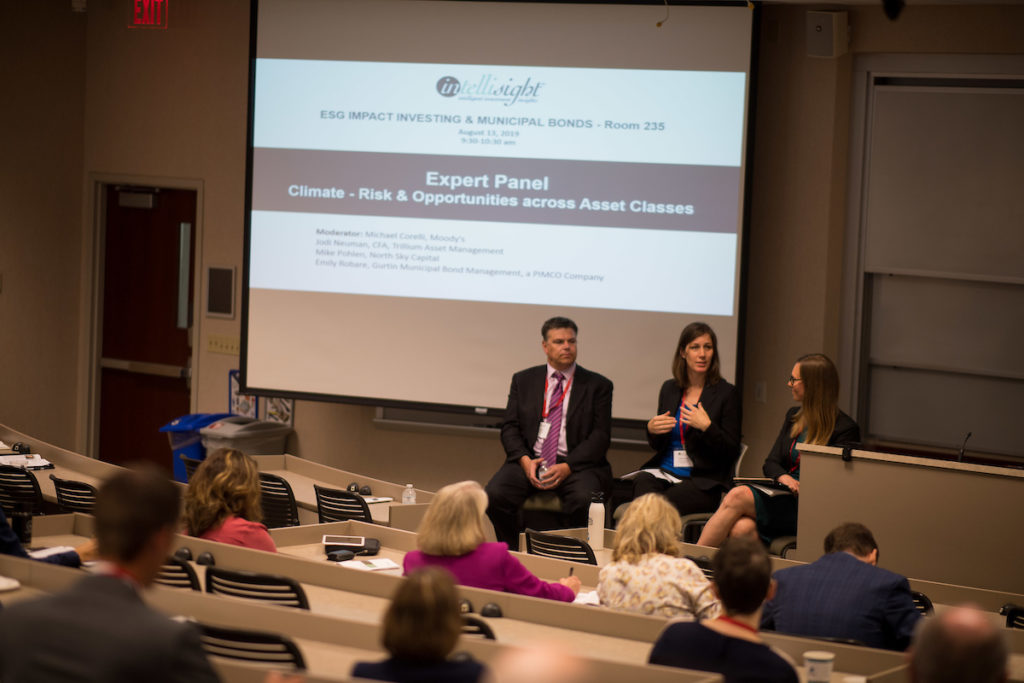By Susanna Gibbons, CFA
Managing Director, Carlson Funds Enterprise
Carlson School of Management, University of Minnesota

In 2013, Paul Krugman wrote an opinion piece titled Milton Friedman, Unperson, in which he suggested that the Nobel Prize-winning economist had essentially vanished from the scene of economic policy-making. He highlighted two key points: First, not only is monetary policy not sufficient for management of an economic crisis, the Fed cannot even control the money supply itself using monetary policy. Second, the link between unemployment and inflation is tenuous at best, rendering it less-than-useful as a policy tool. We are seeing this play out today, as the Federal Government (at least initially) unleashed unprecedented fiscal stimulus in an effort to minimize the downside economic impact of the coronavirus-induced recession.
There is, though, another area where Milton Friedman’s influence continues to be felt. In 1970, he wrote an essay titled A Friedman Doctrine: The Social Responsibility of Business is to Increase its Profits. This piece rested on the same free-market ideology upon which he built his economic theories, and essentially laid the groundwork for the greed-is-good generation. On this point, in spite of the steady march of the country towards incorporating ESG factors into their decision-making framework, policymakers from the Department of Labor continue to rely on the Friedman Doctrine. They have proposed new rules, which would impose burdensome requirements on anyone who dares to mention an ESG-based argument.
These rules display a real fear that this mysterious “ESG” is really a socialist plot intended to saddle pensioners with weak performance while simultaneously forcing corporations to provide chakra-reading reports instead of profits. The rules require investment managers to prove that there are no non-economic considerations at play, imposing a new burden on those who have developed robust ESG integration policies to prove they don’t benefit personally, while strangely assuming that managers who do not integrate ESG are somehow engaged in a better fiduciary process because they ignore, say, the long-run economic risk of climate change.
The backstory for the proposed DOL rule is the Friedman Doctrine. The theory of shareholder supremacy really came into its own as a result of the initial LBO wave of the late 1980s, when entrenched managers were forced out of power by corporate raiders. I was fortunate to be sitting in Delaware Supreme court to hear the management of Macmillan explain why they could ignore Robert Maxwell’s higher bid for the sale of the company, and found their self-described actions to be such an egregious violation of their duty of loyalty. The Delaware Supreme Court agreed with me 😉 noting in its decision that evolving law required “the most scrupulous adherence to ordinary standards of fairness in the interest of promoting the highest values reasonably attainable for the stockholders’ benefit.” [1] So there it was, shareholder supremacy enshrined in law, and I agreed whole-heartedly with that decision.
That law, so seemingly straightforward, has become increasingly complicated to apply. In its decision, the Court did not say anything about ignoring the long-run consequences of legitimate business choices. It said that the Board and Management could not make decisions for their own benefit instead of the general shareholder. It is specific with respect to timeframe – this was part of an auction process, so there was no trade-off between the time preferences of different owners. This is actually a pretty narrow situation that has become broadly applied.
For a going concern, the concept of maximizing profit is beguilingly simple, but in real life, managers are constantly presented with complex trade-offs between short-term considerations (earnings this quarter) and the long-term health of the corporation (investing in supply chain redundancy to protect against loss of key products in a pandemic). And that’s really what ESG is all about: forcing all of us to think about the complexities of those trade-offs.
The only way to make sense of the Friedman Doctrine is to extend it well beyond the plain text of the original essay. The long-run health of the corporation, and therefore its ability to maximize profits, depends entirely upon the health of the system in which it does business. If it ignores the welfare of its employees, the health and safety of its customers, and the viability of land upon which it rests, its value will deteriorate. The corporation is a creation of the state – it owes its very existence to a political act. To have the little Adam of our labors[2] turn on is, claiming it owes us nothing, is preposterous on its face. If the corporate form does not serve society, then we can get rid of it.
But what the heck do I know? Milton Friedman was a Nobel
prize-winning economist, and I’m just a middle-aged Mom sitting in the basement
doing laundry.
[1] https://law.justia.com/cases/delaware/supreme-court/1989/559-a-2d-1261-5.html
[2] This is a reference to Mary Shelley’s Frankenstein, in case you never actually slogged your way through it.







